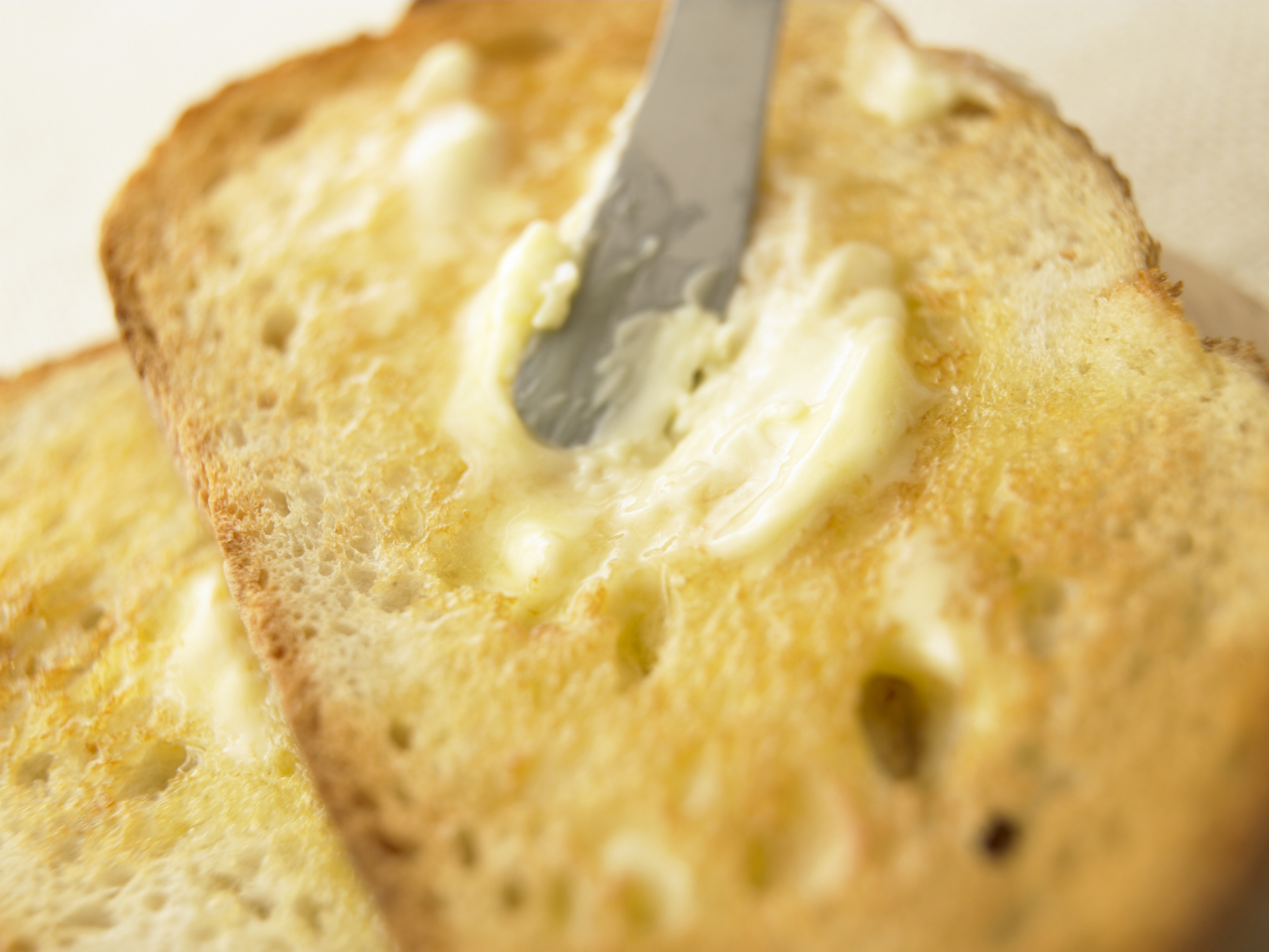Destination: New York, USA
The reason why New York is a super popular touristic destination is because it’s such a diverse city and it has something for everyone. More than one person told me before I went “Oh, you’ll love it! It’s my favourite city!”
So what makes it so loved? New York is definitely impressive. All the famous places you’ve seen in movies, the skyscrapers, rushed people, Central Park, they all make you feel the strong impact of this powerful city.
If you really want to “feel” the city and get that really local feeling, I’d suggest saving up and finding a place to stay on the Manhattan island, either a hotel or an airbnb – it’s close to everything and you’ll earn more time to look around than spend on transportation.
I’m not usually the type of tourist to go on the beaten path but some of the popular places have really fascinated me, like Top of The Rock, which is a three level observation deck at the 67th, 69th, and 70th floors of 30 Rockefeller Plaza. The Empire State Building is another place you can get 360° views of the city, however if you have to choose between the two, I’d go with Top of The Rock; it has windows instead of a fence and the highest level doesn’t have any restrictions. It’s totally safe though, I promise. Timing of the people going up is more organised and you actually have enough space to take photos and enjoy the view.
Take a day for Central Park, it’s a fantastic place. If you’re working your way up North, on the West side of the Park you’ll find the Guggenheim Museum, which is a real masterpiece of architecture and a great art museum.
West Village and Greenwich Village are definitely the cutest districts. If you’re a fan of Friends, that’s where their famous building is! Sadly, it’s just a normal residential building, as the show was all filmed in studios in California.
Another interesting place that I loved was The High Line. It’s an old elevated section of a railway in Chelsea district transformed into a 1.45-mile-long (2.33 km) linear park. While you’re there make sure to see Chelsea Market – an old factory now transformed into an indoor food hall. They have amazing food from all over the world. It’s very hard to resist eating everything in sight, don’t say I didn’t warn you.
There are many great places in New York that are waiting to be discovered. Just get lost on the streets of different districts and wander around, they all have their own unique character.
Travelling to New York? Be prepared with uTalk – you can use it from over 100 languages!
Ioana
Baking idioms: the best thing since sliced bread?
Yes, believe it or not, it’s National Toast Day today. Which got us all thinking, how important can toast possibly be?
Turns out, if you look at the English language, it’s pretty important, as are all baked goods to the British mind. We pepper our conversation with references to bread, toast, cake and biscuits on a daily basis:
In this cold weather, you may have turned on the heating, so now you’re as warm as toast. Central heating really is the best thing since sliced bread. Going out in the cold again without a coat would be a really half-baked idea.
If you’re the breadwinner in the family, you’re the one bringing in the money. Your job’s your bread and butter. Maybe you’ve got several projects on the go at the same time, in which case you’ve got your fingers in many pies. Or maybe you’re from the Upper Crust, in which case you may not need to work at all, and will hopefully know which side your bread is buttered.
If someone’s brown bread (a bit of Cockney rhyming slang, by the way), then they’re dead – or, if used as a threat, about to be dead. You can also say they’re toast.
A simple task is as easy as pie or a piece of cake. If something sells fast it sells like hot cakes. The icing on the cake is a lovely, unexpected bonus to a project; the sarcastic alternative is taking the biscuit. When fortune spins the wheel of fate, that’s just the way the cookie crumbles. And if it goes badly for you, you might feel deflated, or as flat as a pancake.
It’s not just English speakers who love to talk about bread. The Polish equivalent of a ‘piece of cake’ is a bułka z masłem (bread roll with butter). In Spanish, someone living a life of luxury nació con el pan bajo el brazo (was born with bread under their arm). If you suspect someone of being up to no good, in Swedish you can suggest that inte ha rent mjöl i påsen (they don’t have clean flour in their bag) – and if you then need to seek revenge, you can demand in Italian that the person who’s wronged you rendere pan per focaccia (to give back bread for focaccia).
Well, that’s probably enough: we don’t want to over-egg the pudding, so time now for us to shut our cake holes. Let’s conclude by raising a toast (which – as all good Big Bang Theory fans know – is so called because of a historic tradition of putting spiced toast in drinks) to all our favourite baked goods… we hope this post has given you food for thought 🙂
Nat and Liz
Let the cat out the bag…
The world has become slightly obsessed with cat videos and cat Instagram accounts (have you seen the video where cats see a cucumber? Trust me, it’s worth a watch). They are seriously cute! I am a massive cat lover and my phone is filled with photos of my cat, Marcella.
And when it comes to the English language, we love to use cats in idioms; you may find some are more difficult than others to guess the meaning of.
Here are some examples:
Has the cat got your tongue?
This basically means why are you being so quiet? Why aren’t you speaking? Sometimes associated with the idea that you’ve done something wrong and don’t know what to say to get out of the situation.
It’s raining cats and dogs
It’s raining (like it does A LOT in England) and it’s raining really hard.
Look what the cat dragged in
This is a very catty comment (see what I did there) this is said to someone when you don’t particularly like him or her. You’re making a point to say you don’t want them there in the same place as you.
There isn’t room to swing a cat
Okay I don’t know why you would want to swing a cat but this idiom means, it’s a really small space.
Put the cat among the pigeons
This is when you say something or do something that causes trouble. This could be expressing a different opinion to people in a group who all think the same thing.
Let the cat out of the bag
You’ve said something you shouldn’t have said, a secret maybe. You’ve said it to someone you shouldn’t have, which means you’ve essentially ‘let the cat out of the bag’.
The cat’s pyjamas/whiskers
This is an expression that means something is fabulous or excellent, similar to the ‘bee’s knees’.
If you have any other fun cat-related idioms (or any great cat videos to share with us), let us know!
Alex
How did you get your surname?
Do you know how you got your surname?
It is regarded as a tradition for women to take their husband’s surnames when they get married in Britain. It’s also the tradition for men to always be Mr but women will be Miss until they’re married and become Mrs. So if Miss Young married Mr Smith, she would become Mrs Smith. A survey in 1994 showed that 94% of British women decided to take their husband’s surname when married. This ‘tradition’ is no longer as common today, with many women choosing to keep their own surname, or creating a double-barrelled surname.
In Poland many women choose to take their husband’s surname when they get married. However, they have masculine and feminine endings to their surnames. My surname – Koszykowska – like many Polish names ends in ‘ski’ for males or ‘ska’ for females; my dad follows this rule, as does one of my uncles, but the other uncle keeps its simple by using ‘ski’ for his family. It’s thought that originally Polish surnames ending in ‘ski’ or ‘cki’ came from the places where people lived; so if you lived in Wola you would become Wolski.
In Iceland the family name reflects the immediate father’s name or in some cases the mother’s. This is a more complex way of creating a surname compared to the British tradition. If Jón Einarsson had a son called André, André’s surname wouldn’t be Einarsson; instead it would be Jónsson. This is a combination of his father’s first name ‘Jóns’ (the s indicates that he is literally Jón’s son) and the Icelandic word ‘son’. If Jón had a daughter her surname would be Jónsdóttir, dóttir being the Icelandic word for daughter. In some cases they may use the father’s middle name, or their grandfather’s name.
In Spain it’s the norm for children to take the surname of the father and their mother’s maiden name to form one surname. For example if Alejandro López marries Daniela Rodriguez, their child Paula will take the father’s surname López as their second name and their mother’s Rodriguez as their third; Paula López Rodriguez. Then it gets slightly more confusing: if Paula marries she won’t change her surname; instead she will add it to her name. For example, she marries Álvaro Arroyo; her name will become ‘Paula López Rodrigues de Arroyo’. This continues when Paula has children, her mother’s surname will be dropped from their surnames to become ‘López Arroyo’.
Is there an interesting story behind your surname? Let us know!
Alex
Why Russian? Why not?
Lucy was our first ever winner of the Junior Language Challenge and at age 23 has now chosen to take part in the uTalk Challenge learning Russian. Lucy already speaks Spanish, French, Italian, German and Latin and has been learning languages since she was 10 years old.
Why? Why not?
I was talking to some friends at work at the beginning of January, and it came up in conversation that I was learning Russian. ‘Why Russian!?’ one said. ‘Why not?’ was my reply. People are often surprised when I say that I love learning languages. I think to them, it seems a little removed from what I normally do (I work in science). And while I may have decided to work in science instead of languages, that doesn’t mean to say that they aren’t useful to me.
When I was about 10, a teacher from the local secondary school came to teach us Spanish once a week, and I thought it was brilliant! My teacher entered some of our class into the first ever EuroTalk Junior Language Challenge; being able to learn three different languages was even more exciting. Spanish, Greek (my first experience of a language with a different alphabet), and Saami – Santa’s language (northern Finland, to be exact). Taking part showed me that language learning was fun, and set me on a course of lifelong linguistics.
I’d describe myself as a patchwork of languages; I can speak each to a different level, ranging from Italian, my speaking is poor but my translation is decent, to Spanish, where I can happily hold a conversation. My latest is Russian, which I’ve always wanted to learn; I’ve just about got to grips with the Cyrillic alphabet. It’s fun to learn so many languages, it stretches my brain, and I love the feeling of being able to speak to someone in their native tongue, a mixture of pride and respect for their culture. However, that doesn’t mean to say that I don’t have problems! The use of the subjunctive in Spanish will forever escape me (in English we only use it in one specific way, when we say ‘If I were you…’), and those odd little verbs in every language that don’t follow the rules always hide away in the recesses of my mind when I want to use them.
How do I overcome problems? Practice! Practice speaking with others out loud, using odd verbs and new tenses and reading with literature from your chosen language starting with children’s stories and building it up (good for new vocabulary and surprisingly complex!) If you are learning more than one, try to compartmentalise them in your head; have a Spanish head and a French head. My Latin is extremely handy for any new scientific terms, I usually have a guess at what they mean before looking them up. My other languages are great for holidays, trips with work and just keeping my brain active. I certainly don’t intend to stop (I think I may try Basque next): you never know when you might need them!










